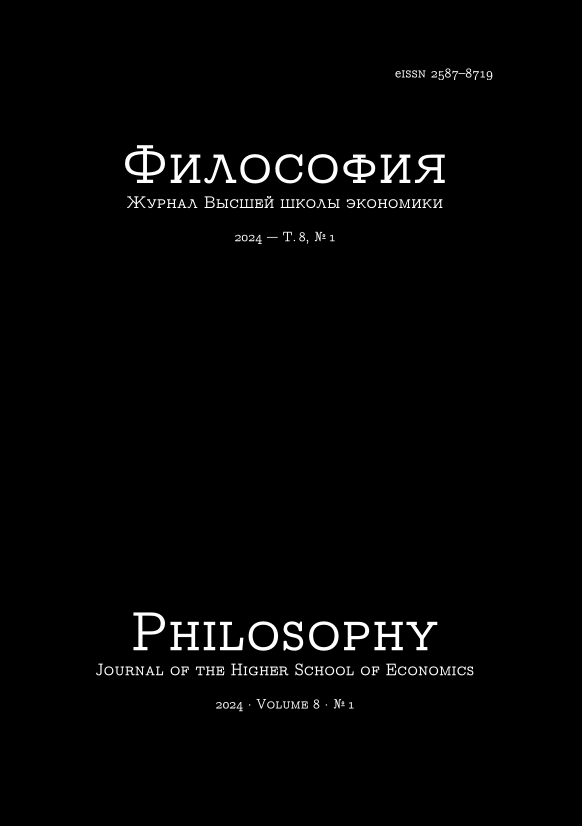После Беньямина
поэтическое мышление Ханны Арендт
Аннотация
Термином «поэтическое мышление» Ханна Арендт охарактеризовала необычную манеру философствования Вальтера Беньямина. Ориентированный на выразительные средства языка, его подход заметно отличался от общепринятых метафизических канонов, но в то же время шел вразрез и с новаторскими направлениями западной мысли, даже теми, которые фокусировались на лингвистических вопросах. Это сделало его фигуру маргинальной в академической среде 1920–1930-х гг., но в 1970-е гг., когда наследие Беньямина было открыто заново, и его нестандартные интуиции оказались крайне созвучны современности, он стал одним из самых выдающихся интеллектуалов столетия. Ханна Арендт в этой истории посмертной славы Беньямина сыграла роль своеобразного медиума — не только потому, что она взяла на себя заботу об издании его трудов и продвижении его идей среди американской публики, но и потому, что в собственном творчестве неоднократно обращалась и по-своему развивала волновавшие Беньямина философские сюжеты. Чтобы проследить эту рецепцию, в статье анализируется несколько источников: во-первых, эссе Арендт о Беньямине, послужившее предисловием к англоязычному сборнику его сочинений, во-вторых, «Дневник размышлений» Арендт, в котором фиксировались начальные импульсы будущих теорий, в-третьих, ее философское завещание, труд «Жизнь ума», в котором, среди прочего, изложено оригинальное учение о метафоре. Предпринятое рассмотрение, осуществленное с привлечением философской концепции языка Беньямина, позволяет утверждать, что поэтическое мышление, родоначальником которого Арендт считала своего безвременно ушедшего друга, в не меньшей степени присуще и ей самой.
Скачивания
Copyright (c) 2024 Philosophy Journal of the Higher School of Economics

Это произведение доступно по лицензии Creative Commons «Attribution-NonCommercial» («Атрибуция — Некоммерческое использование») 4.0 Всемирная.






